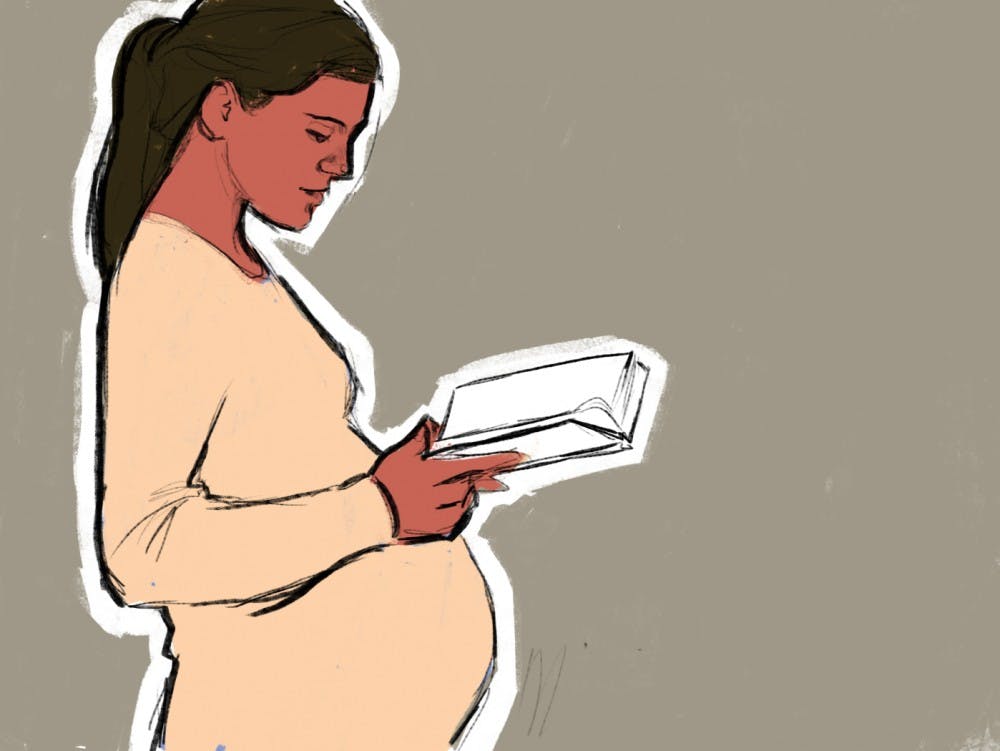
Researchers at Penn's Perelman School of Medicine found that Black and Hispanic pregnant women in Philadelphia have tested positive for coronavirus antibodies at five times the rate of their white counterparts in April and May.
The 12 co-authors from Penn Med and the Children’s Hospital of Philadelphia published the study in Science Immunology Magazine on Wednesday. The research was originally presented in early July at a Penn Medicine symposium, The Philadelphia Inquirer reported.
The racial and ethnic disparity in infection rates may be more extreme than researchers thought, according to the study.
At the symposium, Penn Medicine associate professor of microbiology Scott Hensley emphasized the finding that one in 10 Black and Hispanic pregnant women tested positive for exposure to the virus, while only one in 50 white pregnant women and one in 100 Asian women had the same results. Hensley said that higher infection rates among Black and Hispanic pregnant women were likely due to systemic racial inequalities and lower income, which may have resulted in longer work hours and denser housing that limited their ability to practice social distancing, the Inquirer reported.
People of color are disproportionately classified as essential workers, who continued working in person during the pandemic.
This research suggests a wider gap than what has been previously reported by Philadelphia's health officials. Black and Hispanic people are three times more likely to test positive for COVID-19 than white people, the Inquirer reported.
The women who took part in the study all delivered babies at the Hospital of the University of Pennsylvania and at Pennsylvania Hospital between April 4 and June 3, the Inquirer reported. Researchers tested nearly 1,300 blood samples for antibodies to the coronavirus.
Only 6.2% of all the women tested contained the antibodies for the virus, suggesting that the city may still be in the early stages of the pandemic and far from herd immunity, the Inquirer reported.
Hensley told the Inquirer that the subjects represented a true cross-section of Philadelphia area residents. Instead of testing people who opted in to a study, which creates a bias in results, the researchers took data from all women who delivered babies in the hospital during that time.
The study of pregnant women also should provide an accurate representation of virus exposure in the Philadelphia area at large, Hensley said.
A new Penn course this fall will examine similar social inequalities exposed by the COVID-19 pandemic. SPAN 092: Corona Capitalism: Crisis and Inequality Across the Americas will study media, activism, and policy to analyze the impacts of the pandemic on low-income communities and people of color.
The Daily Pennsylvanian is an independent, student-run newspaper. Please consider making a donation to support the coverage that shapes the University. Your generosity ensures a future of strong journalism at Penn.
Donate



